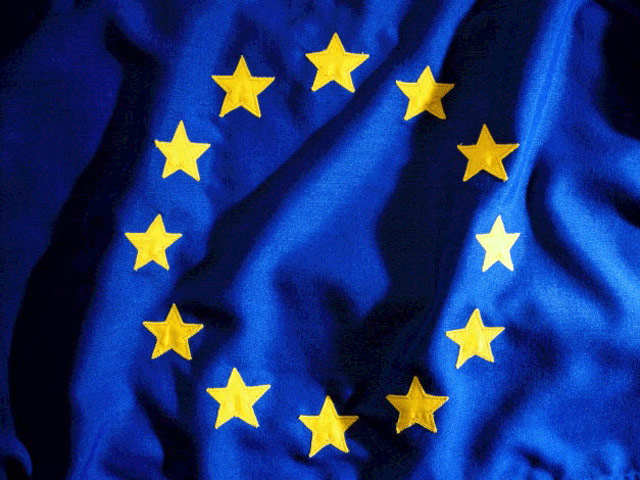 The European Union asks the WTO to apply trade sanctions to Russia for 1.39 billion euros due to the restriction of pork imports, Reuters reports. The EU statement says that Russia has not complied with the WTO decision to import pigs and pork. The request for sanctions against Russia will be sent to the WTO dispute resolution structures on January 3, 2018. The amount of sanctions is calculated as the total cost of these products from the EU in 2013, the fine will be increased by 15% annually.
The European Union asks the WTO to apply trade sanctions to Russia for 1.39 billion euros due to the restriction of pork imports, Reuters reports. The EU statement says that Russia has not complied with the WTO decision to import pigs and pork. The request for sanctions against Russia will be sent to the WTO dispute resolution structures on January 3, 2018. The amount of sanctions is calculated as the total cost of these products from the EU in 2013, the fine will be increased by 15% annually.
In August 2016, the WTO arbitrators decided that the Russian ban violated the WTO Agreement on the application of sanitary and phytosanitary measures, most of the points of the EU complaint were supported. In particular, the arbitrators concluded that the ban on the supply of pork from all EU countries is contrary to the international standards of the World Organization for Animal Health, which means that it does not comply with Russia's obligation to "base its sanitary or phytosanitary measures on international standards," as stipulated in the Agreement on the Application sanitary and phytosanitary measures of the WTO. The arbitrators also recognized as illegal the separate bans of Russia for the supply of live pigs and pork from Lithuania, Latvia, Poland and Estonia.
December 6, the Ministry of Economic Development of the Russian Federation reported that Russia had fulfilled the requirements of the World Trade Organization (WTO) and lifted the ban on the import of pork from the EU countries, which was established due to the African swine fever (ASF). At the same time, the ministry noted that pork is included in the list of products banned for import as part of the food embargo imposed in 2014 in response to sectoral sanctions of the European Union and this ban continues to operate.
The EU estimates that the value of pork exports to Russia reached almost 1.4 billion euros in 2013, which accounted for about 25% of the total export of pork from the EU. The ban has a serious impact on the EU's pig industry, as domestic prices for pork in the EU have fallen due to market over-saturation.
Source: agroobzor.ru.

